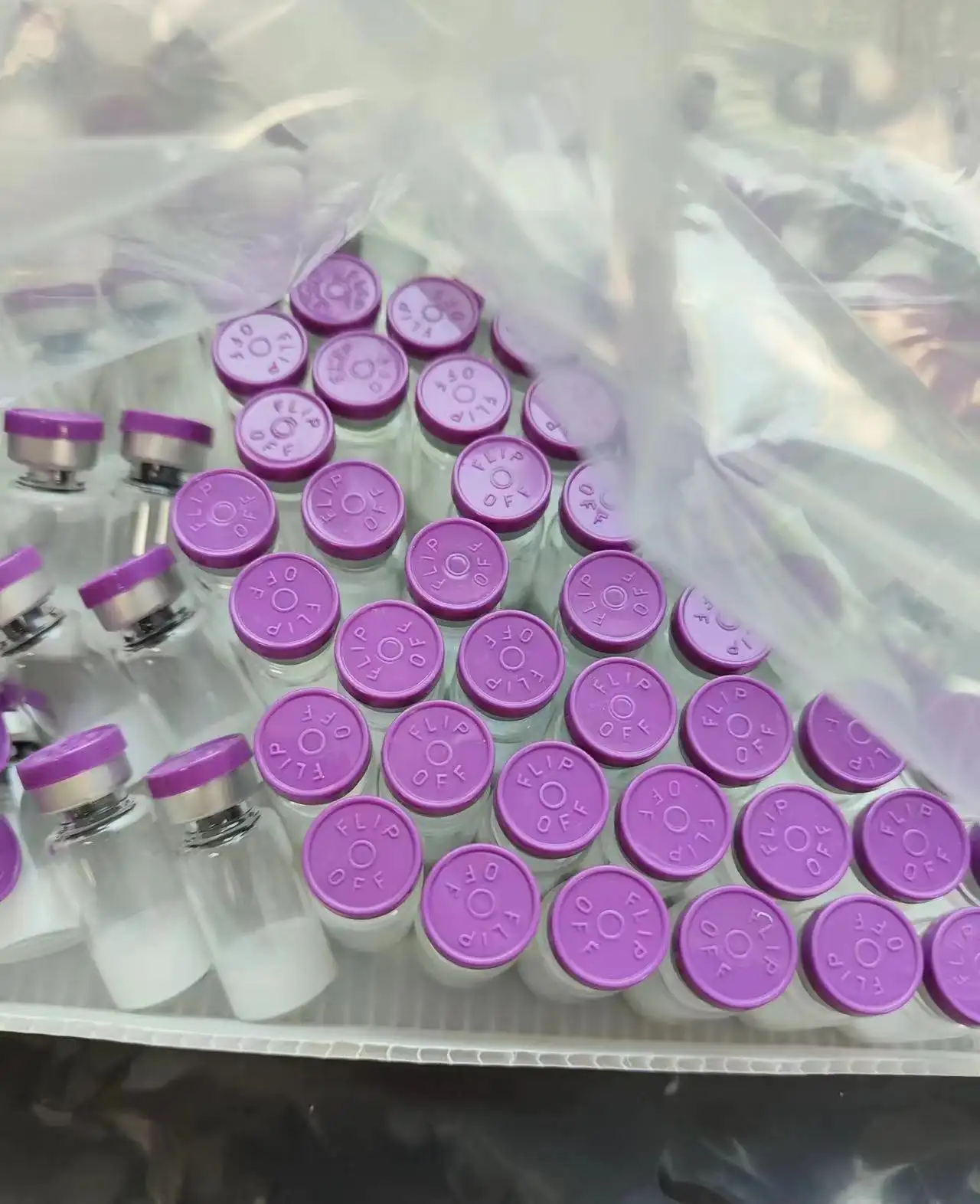Nat Metabol: When cancer cells can't make fat, they eat more!
-
Last Update: 2020-07-19
-
Source: Internet
-
Author: User
Search more information of high quality chemicals, good prices and reliable suppliers, visit
www.echemi.com
, June 25, 2020 /PRNewswire/ --Bio ValleyBIOON /PRNewswire/ -- Turning fat metabolism from production to input can be used for cancer treatmentunderstanding what happens next to cancer can reduce the likelihood that cancer will become resistant to treatmentA new study by the University of Toronto has looked at how cancer adjusts its metabolism to overcome the treatments that are still developing"Severalclinical trials have failedbecause metabolism is an adaptive process for cancer cells to develop resistance," said Michael Aregger, co-author and associate researcher of the study, who worked with Jason Moffat, a professor of moleculargeneticat the Donnelly Center for Cell and Biomolecular Research who led the study"If you know how cells adapt to interference, maybe we can target them more specifically to avoid developing resistance."Picture Source: DrCecil Fox, National Cancer Institute
the study was led by Charles Boone, professor of moleculargeneticat the University of Toronto's Brenda Andrews and Donnelly Center, and Chad Myers, a professor of computer science at the University of Minnesotastudy, published this week in the journal Nature Metabolism, is the first to investigate the overall changes in cancer cells as they adapt to a shortage of key nutrients, such as fat molecules or lipids that make up the outer membrane son of cellsstudy found that when cancer cells are unable to make their own lipids, they swallow the lipids from the environment to ensure a stable supply of these essentialsIn addition, lipids act as fuel and chemical signals for intercellular communicationthe shift in metabolism could be bad news for drugmakers trying to target cancer by reducing fat reservesIn particular, drugs that inhibit the early stages of lipid synthesis are being explored in patient trialsFatty acids are precursors of larger lipid molecules, and due to higher FASN levels, fatty acid production increases in many cancers, while increased FASN levels are also associated with poor patient prognosisuniversity of Toronto study suggests that the effectiveness of FASN inhibitors may be short-lived because cancer can find another way to get lipids"Because FASN is raised in many cancers, fatty acid synthesis is one of the most promising metabolic pathways." Keith Lawson, a doctoral student at Moffat Labs who is involved in the medical school surgeon program, was one of the lead authors of the studyGiven that we know that metabolic processes are highly malleable, we want to identify and predict ways in which cancer cells may overcome lipid synthesis inhibition"
to stop fatty acid synthesis, the researchers used a human cell line that removes FASN-coded genesUsing the gene-editing tool CRISPR, they removed about 18,000 human genes from these cells one by one in search of genes that could compensate for stagnant lipid productionThis functional relationship is also known as "
geneticinteractions"analysis of data by Maximilian Billmann, a postdoctoral fellow at Myers Laboratory in Minnesota and co-author of the paper, shows that hundreds of genes become critical when cells lack fatTheir protein products gather in a well-known metabolic pathway through which cells absorb cholesterol and other lipids from their surroundings since its intake of cholesterol was discovered half a century ago, it has become textbook, winning the Nobel Prize and inspiring a sensation with statins and many other drugs But new research has found that an integral part of the process has been neglected the gene that encodes it is called C12orf49, named after its position on chromosome 12 The researchers renamed the gene LUR1 to represent lipid intake regulator 1 and showed that it helped activate a group of genes directly involved in lipid input "We were able to identify a new part of the process, which was a huge surprise for us, and we thought we knew the process well," said Aregger This really highlights the power of our whole gene-interaction approach, which allows us to identify new participants in lipid absorption in a completely impartial manner "
photo source: Nature
two independent research groups in New York and Amsterdam have linked C12orf49 to lipid metabolism, further supporting the gene's role in this process The New York team published their findings in the same issue of Moffat's and colleagues' research inhibiting LUR1 or other lipid intake, along with inhibition of FASN, may lead to more effective cancer treatment This combination therapy is considered less sensitive to emerging drug resistance because cells have to overcome two obstacles at the same time -- blocked lipid production and input -- which are less likely to occur "The context of our treatment is that in addition to lip synthesis, it should also target lipid intake," said Lawson Our work highlights specific genes that may be candidates " (BioValleyBioon.com) references: when-cancer cells can't make their own fat, they eat more of it, find s
Michael Aregger et al Sire mapping fod for de novo fatty acid sauer sydd ssynthesiss C12orf49 as a regulator of lipid siemu , nature metabolism (2020) DOI: 10.1038/s42255-020-0211-z
.
This article is an English version of an article which is originally in the Chinese language on echemi.com and is provided for information purposes only.
This website makes no representation or warranty of any kind, either expressed or implied, as to the accuracy, completeness ownership or reliability of
the article or any translations thereof. If you have any concerns or complaints relating to the article, please send an email, providing a detailed
description of the concern or complaint, to
service@echemi.com. A staff member will contact you within 5 working days. Once verified, infringing content
will be removed immediately.







